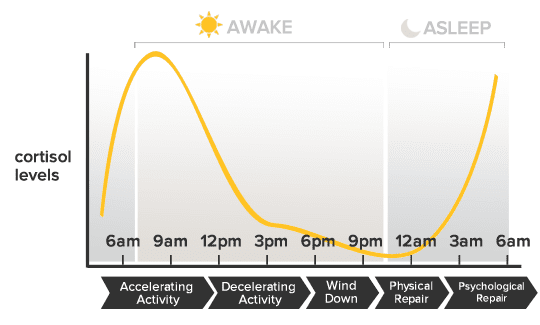J
James IV
Guest
You are so lost, my friend. Please-- please-- do any amount of research. It's for your benefit.
Yes, it sort of does actually. It's a bit more complex, but I've already provided the basic physiology multiple times. Can you actually step up and refute it? Or will you turn a blind eye again? Let's make this constructive.
Yes, they do, and so does muscle (as a primary source even). I provided multiple studies that explain the mechanism. @James IV for whatever reason insists on saying the exact opposite but fails to apply any actual physiology. I even explained the repercussions to liberating FFA using cortisol and, again, he glosses right over it, stating the exact opposite, not providing evidence.
Feels like I'm on a paleo forum right now or something.
I dont think im going to give you an answer that will appease you. So may I ask you a question instead? You believe a person with, let's say 50lbs of belly fat, can burn that up, without any elevation in cortisol ever, and without liberating any of it in the form of FFA?
Also, may I ask what your body composition is like?
Thank you.

